Search
Get started
Log into your referral dashboard
Since February is Black History Month (BHM), this is the perfect opportunity to start celebrating Black history! You should celebrate Black history every day, but February is a great time to place emphasis on significant Black people and institutions.
Black History Month’s 2022 theme
Did you know that the Association for the Study of African American Life and History (ASALH) has given each Black History Month a theme since 1928?
This year, the theme is Black Health and Wellness!
This theme acknowledges the success and legacies of Black scholars and medical practitioners, in Western and African medicine and health. Follow along to see how you can bring racial equality to the classroom!
Celebrating and teaching Black History Month in the classroom
You can begin celebrating Black history into any class you’re subbing for. Yes, even math class!
Black History Month may only be 28 days long but the education doesn’t have to stop when February ends. You can keep incorporating Black history into your lessons and discussions beyond Black History Month!
Talk to your students about Martin Luther King Jr., Rosa Parks, the fight for civil rights, and emphasize to your students that racism didn’t end with the civil rights act of 1964.
Don’t just stop there! Continue talking about Black peoples’ contribution to society. You can include important Black figures into your everyday discussions and lessons.
First, tell your students about your favorite poem, book, or short story written by prolific Black authors. Then, talk to your math class about sub-Saharan Africa’s early mathematics. Next, tell your young scientists about Black innovators and engineers who have changed the face of science as we know it.
As an educator, you can make sure that your students understand and value the importance of Black contributions to society.
How to not teach Black History Month
Established in the 1920s, Black History Month originally started out as a week-long celebration. It was extended to a month in 1976 and has chiefly become an opportunity for students to learn about the history and achievements of African Americans.
Unfortunately, some lessons reduce this month to just a few forgettable exercises. Educators forget to fully explain the significance of this month to curious students.
Here are some things to not do when teaching Black History Month!
Don’t:
Focus only on famous and well-known Black people
This may tell your students, especially your Black students, that the only Black people worth knowing are the famous ones. Many African Americans have contributed to society, but many of these contributions have gone unnoticed or forgotten.
You can start with Biography’s list of 5 forgotten African Americans!
Commit cultural appropriation
Cultural appropriation is when a member of a dominant group mocks, mimics, adopts, or steals parts of another culture with less social power. This is usually done in an exploitative, disrespectful, or stereotypical way.
For example, when you teach your students about Black hairstyles, do not come to class wearing a Black hairstyle if you are not Black.
Not sure if you are appropriating something? Ask yourself: are you being respectful? Or will you offend someone? Very Well Mind has a great list of questions to ask yourself to avoid cultural appropriation!
Generalize
Don’t say things like, “All African Americans…” or “Every Black person…” because the experiences of being Black in America and in the world vary from person to person.
This is your opportunity to recognize your own biases, leave them behind and help your students do the same.
Substitutes typically do not have much say in the curriculum, lesson planning, or even classroom decoration. But you can create a safe and welcoming environment for all students you meet.
As you learn about Black stereotypes, remember that these harmful beliefs cause society to view African Americans as a threat – no matter what they’re doing. Start preventing stereotyping in each classroom you visit!
Teach with inaccurate information
A lot of books and resources white-wash and erase vital pieces of information from history to make it more appealing to a mass audience. When you find a resource, make sure to do your research before presenting it to your students.
Be afraid to say you don’t know the answer to a question
If a student asks a question you don’t know the answer to, tell them you don’t know. Don’t just make something up.
This could turn into a learning experience and you can search the question up online together!
Avoid difficult discussions
This is a time to acknowledge the pain that racism has inflicted on the Black community. While it’s important to also talk about the positive things within the Black community, you should also acknowledge that being Black is not easy. Encourage having those hard, but respectful conversations!
Above all, treat this subject with respect, care, and compassion to show your students the importance of mindfully approaching this month.
Influential Black figures who’ve contributed to health and wellness
In school, we’ve all learned at least once about Martin Luther King Jr., Barack Obama, Harriet Tubman, Thurgood Marshall, and more famous figures from the Black community. Instead of repeating the same lesson that’s heard in schools everywhere, introduce your students to three other influential Black Americans!
In keeping with ASALH’s Black History Month theme, all these iconic figures have contributed to the
health, wellness, and preservation of Black lives everywhere.
Onesimus
When smallpox hit Massachusetts in the 1700s, panic followed. This sickness was highly contagious and killed hundreds at a time. Historians state that few diseases at this time were “as universal or fatal”.
Onesimus was an enslaved West African man during this time. In 1716, Onesimus told his slave master that he had contracted smallpox, but survived it! He said that an operation kept him safe.
This operation was similar to modern-day vaccines. Onesimus gained protection against the disease by exposing himself to a sick patient. This exposure then activated the body’s immune system and could protect him against the disease.
Onesimus’ master heavily promoted this operation to society. By 1721, society had started mass inoculation efforts against smallpox.
Unfortunately, it’s unclear if Onesimus ever saw the success of his suggestion. However, his suggestion set the stage for vaccinations, saving millions of lives in the process!
Doctor Alexa Irene Canady
Dr. Canady graduated from the University of Michigan’s medical school in 1975. From there, she became the first Black woman in the U.S. to work in pediatric neurosurgery. She focused on helping patients mostly under 10 years old.
From 1987 to 2001, Dr. Canady served as the chief of neurosurgery at the Children’s Hospital of Michigan before she retired in June of 2001. In 2001, Detroit News named her Michiganer of the Year!
Doctor Mae C. Jemison
Dr. Jemison, born in Alabama in 1956, earned her M.D. from Cornell University Medical College. Afterwards, she entered the United States’ astronaut training program. She was one of 15 people accepted and also the first Black woman to be admitted.
On September 12, 1992, she became the first African American woman to enter space on the crew of the Endeavor!
Influential institutions promoting Black health and wellness
Celebrating Black History Month doesn’t just mean focusing on Black trailblazers!
In addition to celebrating the stellar people who have promoted Black health and wellness, teach your students about organizations and institutions that have pushed for greater access to healthcare!
The Freedmen’s Hospital
The Freedmen’s Hospital was founded in 1862 and is located in Washington, D.C.
It is the first hospital to ever provide care and medical treatment to former slaves and later it became a hospital for all African Americans in D.C.
Six years after it opened its doors, the Freedmen’s Hospital became a teaching hospital for the Howard University Medical School.
The Provident Hospital and Training School for Nurses
Emma Reynolds was denied admission from all of Chicago’s nursing schools because she was Black. As a result, her brother contacted Dr. Daniel Hale Williams, a respected Black surgeon, for help.
Even with his influence, Reynolds was still denied admission. So instead, they decided to open a nursing school for Black women. Once the Provident Hospital and Training School Association was created in 1891, Provident Hospital opened up its doors for Black students.
The National Medical Association
Located in Atlanta, Georgia, the National Medical Association (NMA) was founded in 1895 to provide representation for African American physicians and their patients in the United States.
Now, the NMA represents over 50,000 African American physicians and their patients. The institution is committed to improving the health of all minority and disadvantaged groups.
Black History is American History
It is important to note that Black success does not mean Black liberation from oppression. Remember that African Americans still suffer because of discrimination, racism, and harmful laws.
As an educator, knowing more about these issues helps you bring more representation and support! Students need someone to stand by them with important and necessary resources.
As you incorporate anti-racism into your teaching, remember that Black History Month doesn’t mean Black history disappears once March arrives. Every day is a good day to commemorate Blackness and dismantle our unconscious biases!
Resources for Black History Month and beyond
In short, it’s an honor to know that you can play a large role in helping Black students feel comfortable and valued. Continue celebrating Black History month and advance your anti-racism education by checking out our resources below!

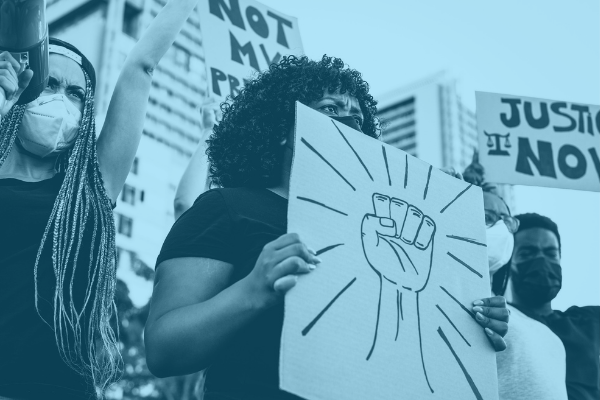

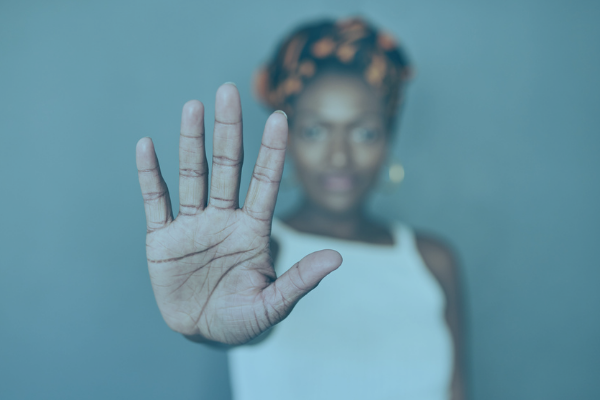
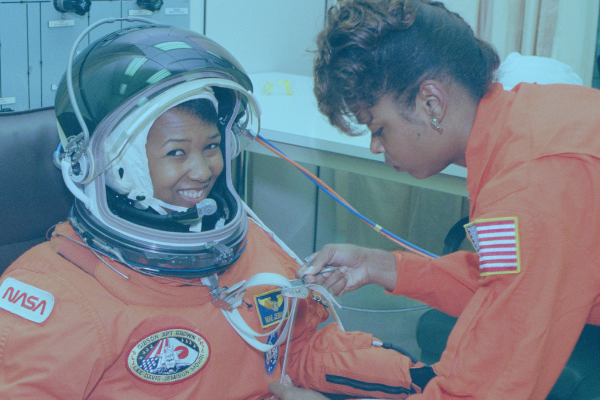
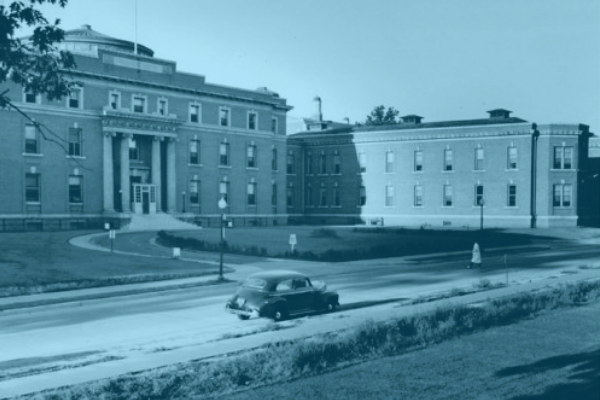
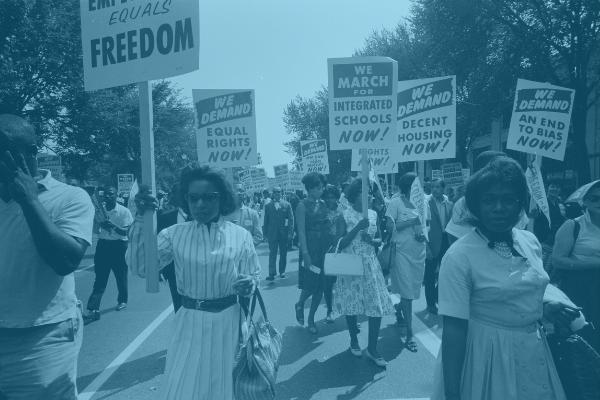



![How to write a strong substitute note [+free template!]](https://scoot.education/wp-content/uploads/2022/05/thank-you-426x235.png)


